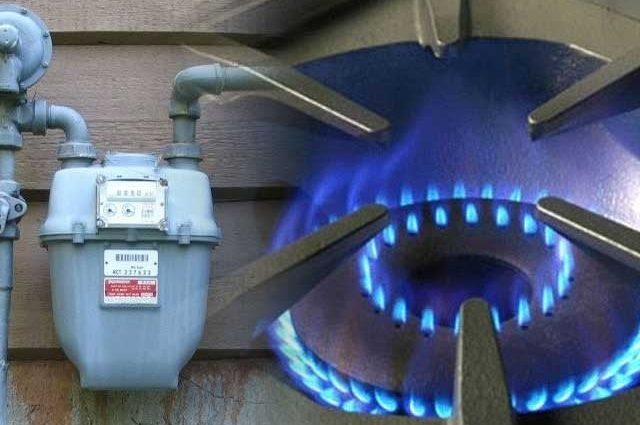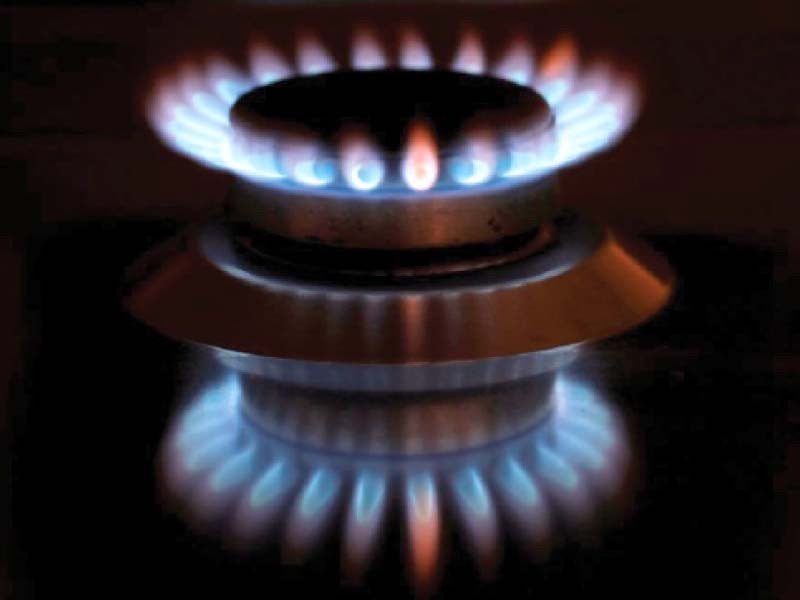Gas prices may shoot up by up to 193%
Petroleum Division’s summary suggests increasing tariff by 172% for domestic consumers
The gas prices are likely to increase by up to 193% from next month as the caretaker government has decided to fulfil another condition set by the International Fund (IMF) before the start of negotiations on the global lender’s economic review for the next tranche of $700 million.
According to sources, the summary for increasing gas prices is likely to be presented in the Economic Coordination Committee of the Cabinet meeting on Monday (today).
The sources said the Petroleum Division’s summary had suggested increasing the gas tariff by 172% for domestic consumers
They added that the price of gas had been proposed to be increased by about 193% for other categories.
In the summary, the fixed monthly charges for protected customers had been proposed to be jacked up from Rs10 to Rs400.
According to the sources, the tariff for export industries has been proposed to be set at Rs2,050 from the existing Rs950.
Similarly, it has been suggested that the tariff for non-export industries should be increased to Rs2,600 from the current Rs1,400.
The summary has also recommended that the price of compressed natural gas (CNG) should be raised by Rs2,595 per metric million British thermal units (mmbtu) to Rs4,400 per mmbtu.
The sources said it had been proposed to keep the gas tariff unchanged for power plants and tandoors.
This amount is about Rs120 billion higher than the 45% increase in gas rates determined by the Oil and Gas Regulatory Authority (Ogra) for June to generate an estimated revenue of Rs666 billion.
Ogra determined a 50% increase for the consumers of the Sui Northern Gas Pipelines Limited (SNGPL) and a 45% increase for the Sui Southern Gas Company Limited (SSGCL), equivalent to a Rs417.23 per unit hike in the gas prices.
However, the previous government did not increase the gas prices in violation of the law, which Ogra had to notify within 45 days. Ogra had issued the determination on June 3.
Now, the gas tariff would be higher by 53% to bring down the gas sector circular debt that the previous government put at Rs1.230 trillion at the end of March this year.
Finance ministry sources said once the economic review was successfully completed, Pakistan would receive the next instalment of $700 million from the IMF after its board’s approval.
On June 29, the IMF reached a staff-level pact with Pakistan on a $3 billion Stand-by Arrangement, a decision long awaited by the country which was teetering on the brink of default.
The deal came hours before an earlier agreement with the IMF expired on June 30. Although essentially a bridge loan, it offered much respite to Pakistan, which was battling an acute balance of payments crisis and declining foreign exchange reserves.


